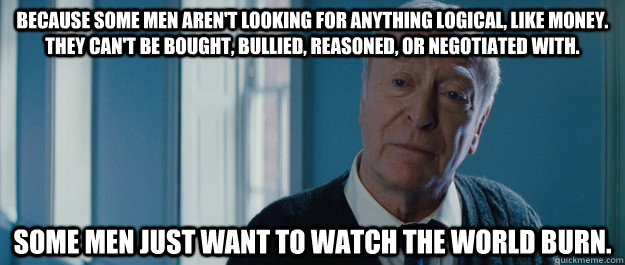What we should do is bash out an FTA as the EU has with South Africa, for instance, whereby (as I understand it) we get negotiated access to the European market but are not bound by free movement or European law not related to trade. The big downsides, of course, are that we'd have to abide by EU product/trade standards and regulations with no say in them, and we definitely wouldn't be part of the EU's agreements with other non-EU states, which he'd have to negotiate individually on our own. In both cases, we're likely to get a heavily watered down version of the conditions we have now (particularly with Europe in vindictive mood) but those kinds of FTAs are far less restrictive than joining the EEA - although, of course, the more of the market we access, the more regulations we're subject to - but far more complicated in terms of still having to negotiate all the non-EU trade deals that we could take for granted before. Nevertheless, it seems the best halfway house for everyone to me, respecting both our need to be in the European market (and Europe's need for us to be there) and reflecting the referendum's refusal of free movement and EU law.
Unfortunately, I get the feeling Article 50 is going to invoked sooner rather than later, when we should really do it at the absolute last possible minute, once a clear framework for post-exit Britain has been established and we have the expertise and manpower to make it happen. Getting it right should be considered a long term project, even if the uncertainty will be damaging for us and the EU too, but we'd only feel that pain multiplied by ten in the long run by doing things in a hurry now. The moment the two year countdown is initiated, Brussels holds all the cards, so we should only go in knowing exactly where we can stand and on as firm a ground as possible. Until then, the euro makes the EU powerful but immobile, unable to do anything about the situation until we decide to take the plunge, whereas we are considerably less powerful but also more nimble, still in the EU until we decide to leave and able to scope out conditions to ensure businesses will want to stick around once we're out, and to start laying the foundations for trade arrangements with other nations. Once Article 50 hits, we're largely impotent, but are in a solid enough position until then.
The best thing for everyone would be for the EU and the UK to peacefully arrange a deal whereby the UK accepts a slightly, but not debilitatingly, lesser version of what we have now, allowing both sides an effective win (we don't get significantly worse terms, the EU gets to show there's no advantage to leaving) but I get the feeling Brussels are going to try and hardball us, in which case we have to hardball them right back as much as we can. Playing defensively would be catastrophic and they need us enough (even if we need them more) that we can aim for far better terms than those which Norway/Switzerland etc were able to achieve.

